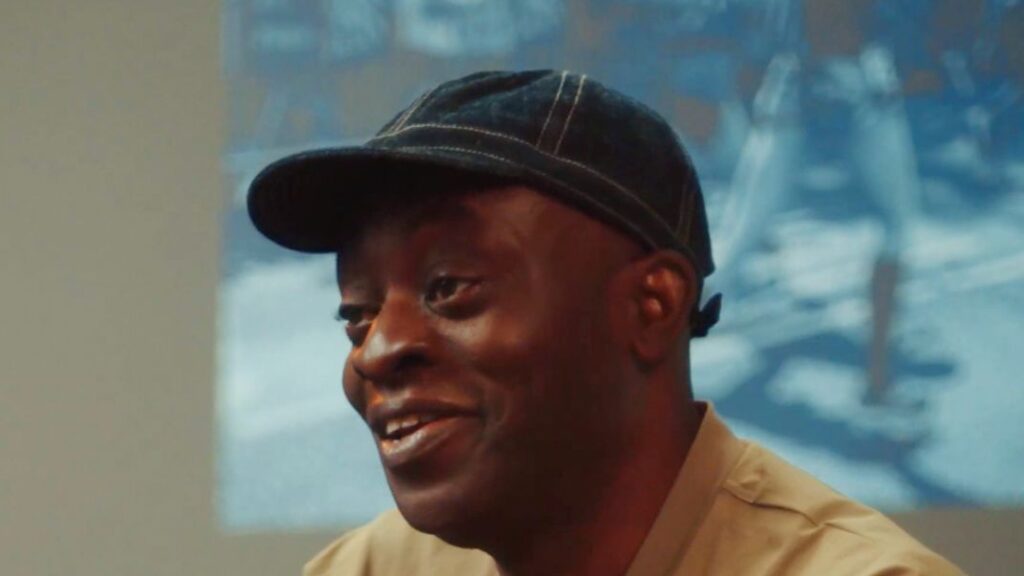The Misconceptions of Running in Physical Education
One of the key barriers to fostering a long-lasting love for physical activity among school children is rooted in the misconceptions surrounding running, particularly in physical education settings. Many students perceive physical education as either a means of escape or a punishment, failing to recognize its profound benefits for their physical and mental well-being. The disconnect between athletic activities and academic development is often not addressed, leading students to disengage from physical fitness. It’s crucial for educators to illustrate the powerful connection between the skills learned on the athletics field and their positive impacts in the classroom, as this understanding often develops over time.
The Need for Positive Role Models in Running Clubs
Reflecting on traditional running clubs, there exists a notable gap in providing mentorship for young runners, especially those from inner-city backgrounds. Many children grow up in environments lacking paternal figures, and unfortunately, running clubs often do not fill that role. The focus tends to be strictly on performance, leaving little room for personal development and emotional connection. As an older runner, the transition to discussing topics outside of running, such as music and culture, is often met with skepticism, as the community remains fixated on the sport itself. This narrow view can perpetuate feelings of exclusion and pressure among younger athletes.
The Birth of Run Dem Crew
The idea for Run Dem Crew began unexpectedly on Christmas Day in 2006 when a friend noticed a change in demeanor and energy. The conversation about running sparked a commitment to continue this newfound activity, leading to weekly runs that grew organically from two to five participants. Social media played a pivotal role in expanding awareness and engaging others, which ultimately attracted attention from Nike and solidified the group’s presence in the running community. The transformation from casual running to a more structured yet inclusive initiative was a natural progression in fostering community and camaraderie.
Rebranding the Running Club Concept
Unlike conventional running clubs, Run Dem Crew embraces a broader perspective on community engagement. The aim is to attract newcomers by reimagining the running experience as a vibrant social event rather than a typical club. Comparison to a warehouse party illustrates this point: the most memorable gatherings celebrate diversity in class, culture, and beliefs, uniting participants through a shared passion for music and movement. In a similar vein, rebranding running clubs as inclusive and dynamic spaces helps challenge preconceived notions and encourages participation from all demographics.
Empowerment Through Community Connection
One of the most rewarding aspects of Run Dem Crew is witnessing the emergence of spin-off groups such as The Outrunners and Swim Dem Crew. These initiatives testify to the power of inspiration and community empowerment, as individuals build off one another’s motivation to create their own spaces for collaboration and growth. The focus of Run Dem Crew transcends individual performance metrics; instead, it cultivates a supportive environment that values collective progress and encouragement, which many describe as a ‘cult’ atmosphere—in a positive, uplifting way.
The Spirit of the London Marathon
The upcoming London Marathon serves as a beacon of inspiration for many runners, embodying the spirit of community and collective achievement. Participants experience the thrill of running through the city, supported by crowds of cheerleaders who encourage them to reach their personal best. This event encapsulates a rare moment where the city becomes united in its support for runners, fostering a sense of belonging. Completing the marathon is often regarded as a rite of passage for Londoners, representing not only a physical challenge but also an opportunity for personal reflection and growth.
Conclusion: The Lifelong Benefits of Running
In conclusion, changing the narrative around running in physical education and community clubs can unlock the potential for healthier, happier lifestyles among individuals of all ages. By fostering environments that empower young athletes and promote inclusivity, the foundations of active lifestyles can take root early in life. Events like the London Marathon serve not just as individual pursuits but as communal celebrations of strength, resilience, and unity. As interest continues to grow around initiatives like Run Dem Crew, it’s essential to champion the idea that running is more than just sport; it’s a pathway to growth, community, and personal fulfillment.
